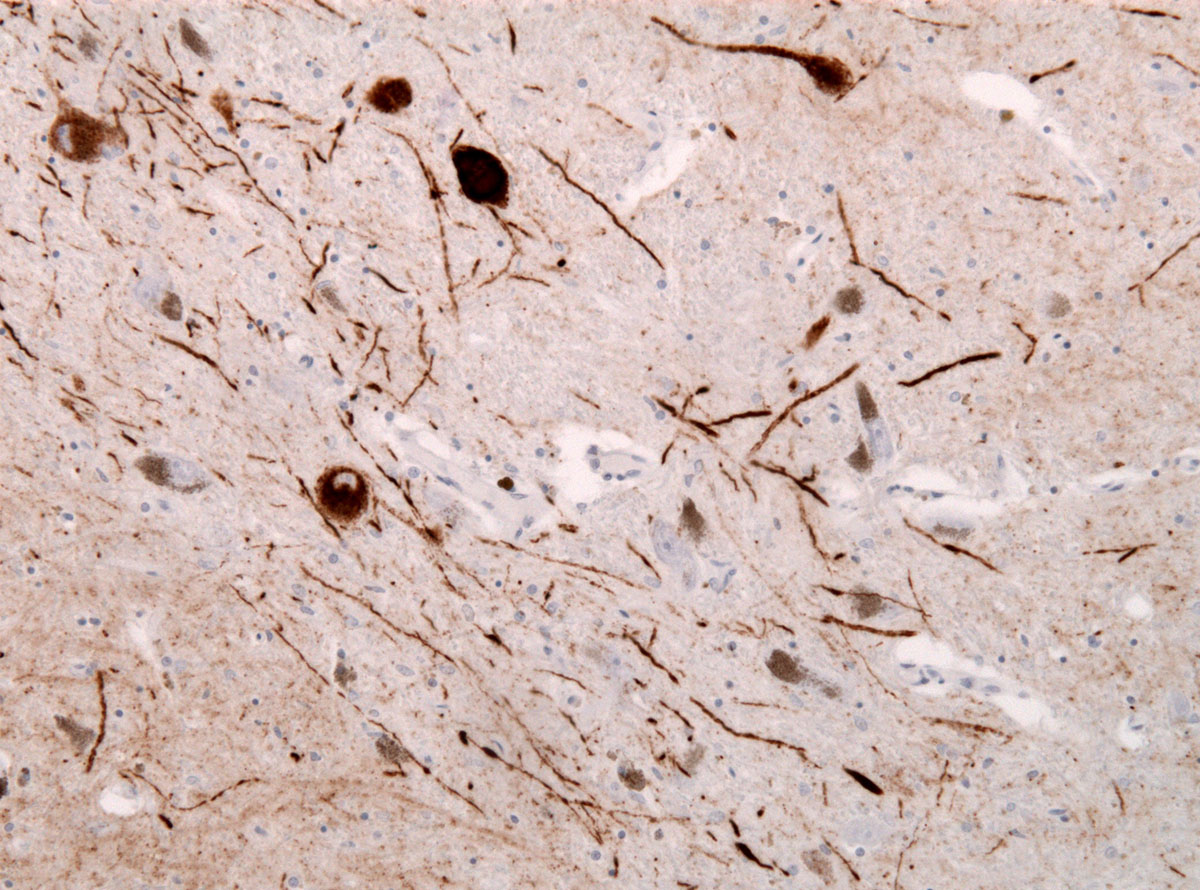Table of Contents
Although LBD is of unknown etiology, several things appear to increase one’s risk of developing the disease. These risks include being older than 60 years of age, being a male and having a family member who has the disease.

Diagnosis
An experienced clinician should be able to perform diagnostic testing to determine if someone has this disease or not. If necessary, a person may have to visit a neurologist at the nearest medical university to be able to be referred to the right resources or to be provided with a diagnostic team with knowledge of Lewy body dementia.
Interviews may be conducted with the patient and their family in order to have detailed information about the person’s lifestyle and medical history. Other neuro-psychological and mental status tests may also be conducted.
LBD Treatment And Management
While there is no cure or prevention for LBD, there are some symptoms that will respond to treatment for a period of time. A person will receive a comprehensive treatment plan which can include medications, physical and occupation therapies and counseling. There are no specific treatments that can slow down or stop the onset of brain cell damage caused by LBD. Treatment considerations involving medicines will include the following issues:
- Antipsychotic medications: These drugs should be used with extreme cautiousness in people with LBD. Although doctors sometimes prescribe these drugs for behavioral symptoms that occur with Alzheimer’s, they may cause some serious side effects in people with Lewy body dementia.
- Cholinesterase inhibitors: These drugs are the mainstay for treating the cognitive changes caused by Alzheimer’s disease, but can also help certain ones associated with LBD.
- Antidepressants: There are many types of antidepressants used to treat the depression that’s common with LBD, Alzheimer’s and Parkinson’s. The ones most often used are selective serotonin reuptake inhibitors or SSRIs.
- Clonazepam: This medication may be used to treat rapid eye movement sleep disorders.
Lifestyle Changes
People with Lewy body dementia and other forms of cognitive impairments will experience symptoms and progression differently. The techniques used for caring for these individuals will vary.
- Enunciate communications: When speaking with someone with LBD, a caregiver should maintain eye contact and speak slowly. Use simple sentences and do not rush someone to respond to you. Present one idea at a time and use gestures if needed, to help the person understand what you are trying to say.
- Encourage games and thinking activities: Try to get the person to participate in thinking games and other activities to utilize thinking skills, it may help slow down cognitive decline in those with dementia.
- Establish bedtime rituals: Many people with Lewy body dementia experience sleep disturbances. Behavioral issues could be much worse at night, so it is a good idea to try to establish bedtime rituals that are calming and keep noise to a minimum. It’s also a good idea to leave the lights on just in case the person wakes up and may become disoriented.
- Exercise: It’s well known that exercise benefits everyone, including those with dementia. The benefits of exercise for someone with LBD include improvement of physical function, alleviation of depression symptoms and more controlled behavior. Some researchers believe physical activity can slow the progress of dementia.
See Also: Vascular Dementia: Symptoms, Diagnosis and Treatment
LBD Prognosis
It’s not easy to live with Lewy body dementia. It not only affects the person who has it, but it also impacts the entire family. If you are a spouse or child of a parent who has been diagnosed with LBD, you’re not alone. You should share this diagnosis with those closest to you in order to have a support system. Become knowledgeable about the disease in order to help your partner and be an advocate to help them receive the best possible care and treatment.
- By Produnis (self-made, first published at NursingWiki) [GFDL (http://www.gnu.org/copyleft/fdl.html) or CC-BY-SA-3.0 (http://creativecommons.org/licenses/by-sa/3.0/)], via Wikimedia Commons
- By Jensflorian (Own work) [CC BY-SA 3.0 (http://creativecommons.org/licenses/by-sa/3.0) or GFDL (http://www.gnu.org/copyleft/fdl.html)], via Wikimedia Commons


Your thoughts on this